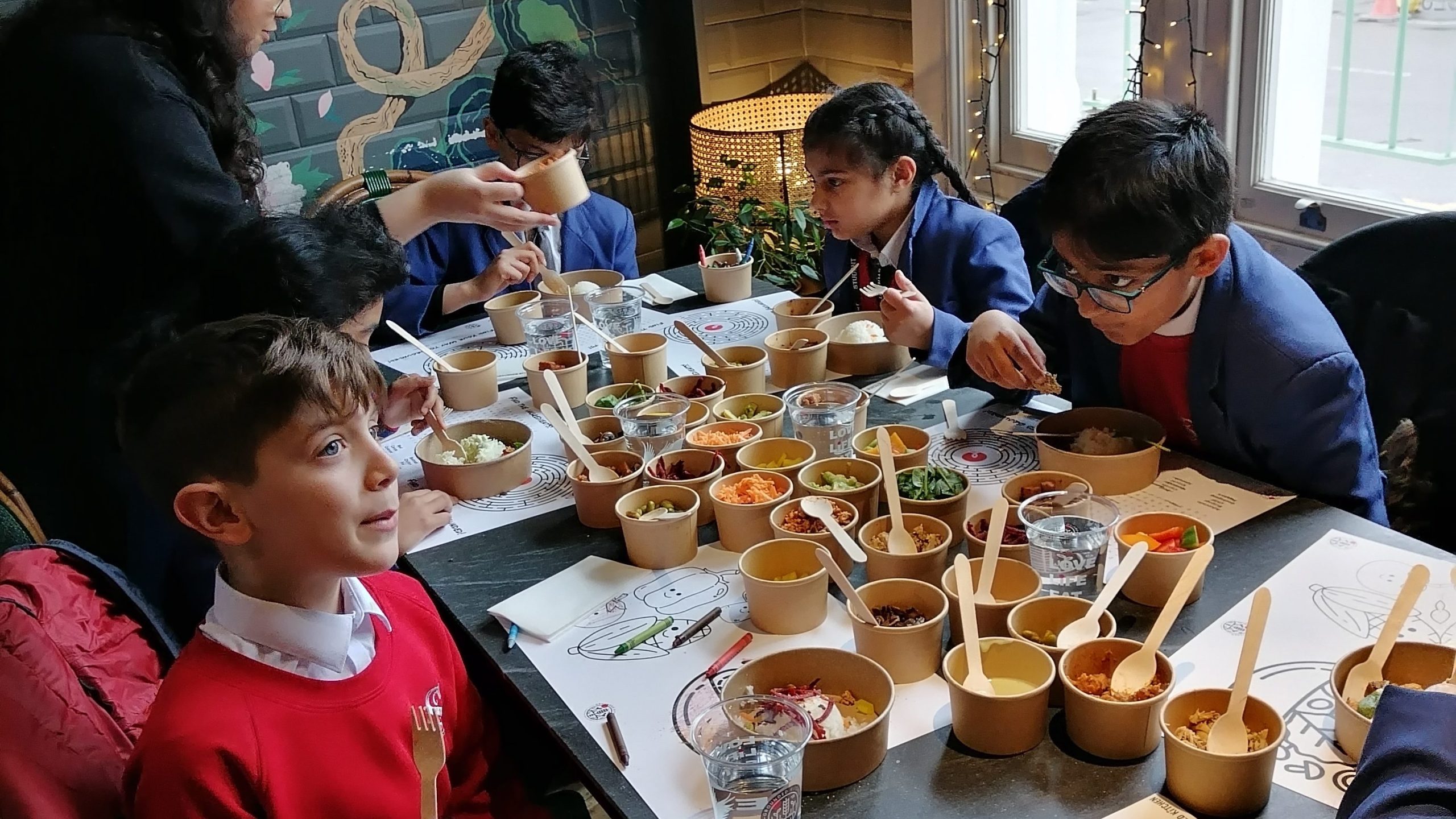Home-School Communication at St Crispin’s
- Stay up-to-date with all our school events and newsletters via “mySchoolApp”.
- See your child’s grade cards and reports, or support their learning from St Crispin’s “Parent Portal”.
- Grade cards are updated three times a term, allowing monitoring of your child and keeping your parent knowledge live and up to date.
- A full set school reports is released on the Pupil and Parent Portals at the end of the Autumn and Summer terms.
- Parent-teacher conferences (parents’ evenings) take place during the Spring term.
Effective home-school communication is crucial for the overall success and well-being of students. It establishes a strong partnership between parents/guardians and educators, fostering a supportive learning environment. Here are some key reasons why effective home-school communication is essential:
- Student Success: When parents and teachers collaborate, they can better understand a student’s strengths, challenges, and learning style. This understanding allows for targeted support and strategies to enhance the student’s academic performance and overall success.
- Consistency in Learning: When home and school work together, they can reinforce the same values, expectations, and learning goals for the student. Consistency in messages and approaches helps students feel more secure and confident in their learning journey.
- Early Intervention: Open communication allows both parents and teachers to identify potential issues or concerns early on. By addressing problems promptly, such as learning difficulties or social challenges, interventions can be implemented to prevent further difficulties.
- Holistic Development: Effective communication enables teachers to learn about a student’s interests, hobbies, and talents outside of school. This knowledge can be incorporated into the learning process, promoting a more well-rounded and personalised education.
- Parental Involvement: Regular communication encourages parents to be actively involved in their child’s education. Engaged parents are more likely to attend school events, volunteer, and support their child’s learning at home.
- Mutual Support: When parents and teachers work together, they can provide mutual support and share strategies for addressing challenges or fostering positive behaviors. This collaboration creates a stronger support system for the student.
- Building Trust: Effective communication builds trust between parents and teachers. This trust is vital for fostering a positive working relationship, allowing for honest discussions about the student’s progress and well-being.
- Transparency: Regular communication ensures that parents are well-informed about their child’s academic performance, behavior, and school activities. It enhances transparency and reduces misunderstandings.
- Cultural Understanding: Open communication helps educators gain insights into a student’s cultural background, values, and experiences. This understanding can help create a culturally responsive learning environment that respects and celebrates diversity. The school experience of our students is enriched by parents and St Crispin’s alumni who have chosen to share their culture and experiences during school assemblies.
- Promoting Positive School Culture: When parents are actively involved and informed about school events and initiatives, they are more likely to participate, fostering a positive and supportive school culture.
- Smooth Transitions: Effective communication is especially important for our year 11 cohort as they transition to further education. It helps ease the process and ensures a continuous and seamless educational experience.
- Celebrating Achievements: Regular communication allows for the celebration of student achievements, both academically and personally. Recognising accomplishments boosts the student’s self-esteem and motivation to excel further.









